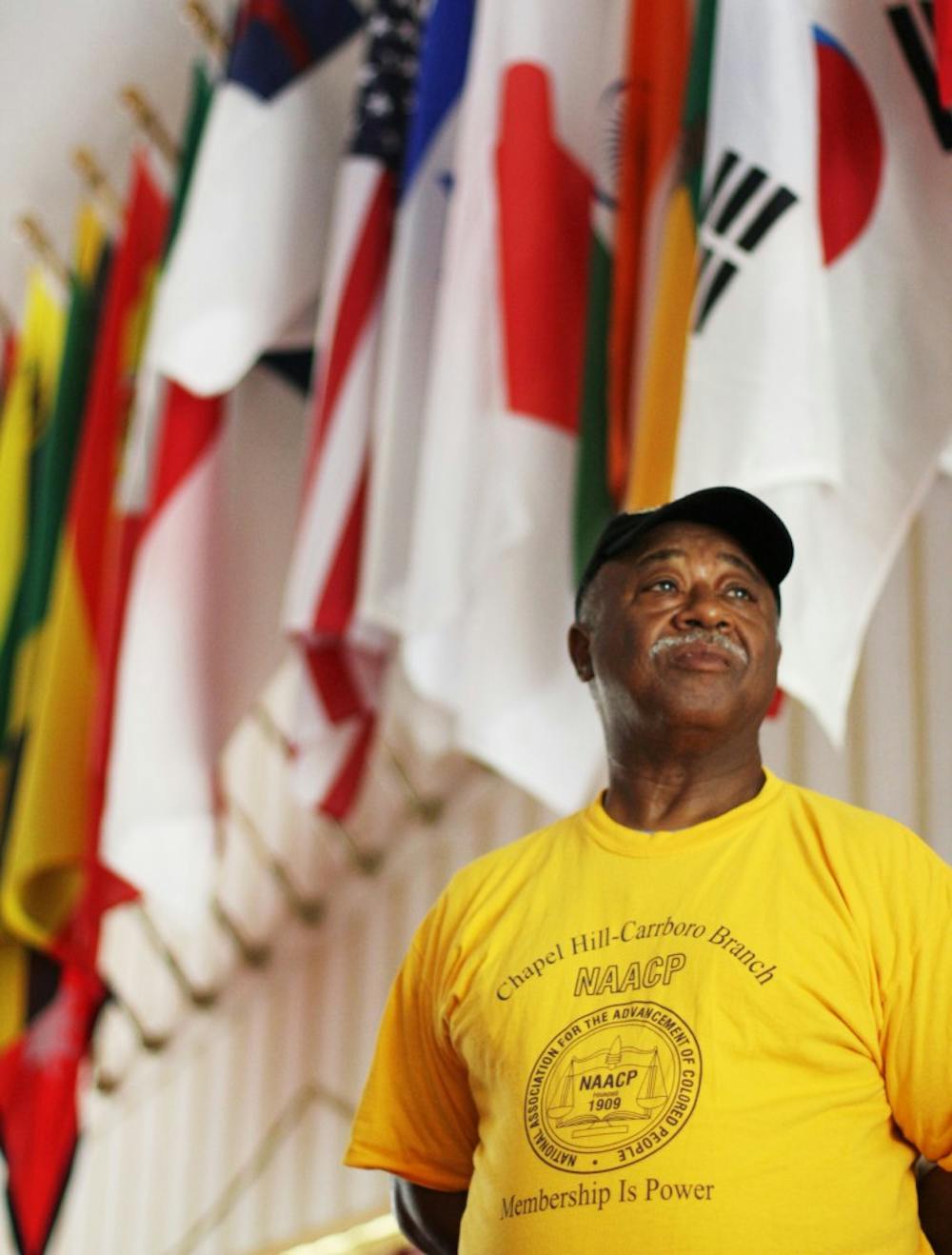“This was the association of humanity seeking change for a better humanity.”
‘A moving thing’
That idealistic picture of humanity is what Michael Schachter — now a resident of New Bern — remembers most about participating in the March on Washington as a 17-year-old student.
“It wasn’t so much the speeches that aroused me, it was the humanity,” Schachter said. “That there were so many people who were thinking in the same way that I was — that’s a moving thing.”
In the months leading up to the march, Schachter worked with the Student Nonviolent Coordinating Committee in New York, scheduling his college classes for early mornings and nights so he could work at the committee’s office during the day, preparing for a march that he hoped would have a significant impact.
“It’s not because it was as dramatic or as innovative as something like the Freedom Rides or the Selma March, but because it was the first time — and really the last time — that the whole country really paid attention,” said Taylor Branch, a UNC alumnus and author of an award-winning trilogy of books on the Rev. Martin Luther King Jr.
King’s “I Have a Dream” speech is what many people today remember most about the march.
“He’s giving a speech that raised the stakes of the civil rights movement far beyond race, but about what democracy can do and what freedom can do,” Branch said.
He said his interest in the civil rights movement formed during his years at UNC, from 1964-68.
“I remember staying up all night, debating questions of what people’s duties were and whether it was up to us to take part in some of these demonstrations,” he said.
Branch said he wrote his books to answer a personal question about how young people managed to inspire change during a time when places like UNC were still largely segregated.
UNC began accepting undergraduate black students in 1955, but Branch said there were still very few black students there during his time.
“They were ignored,” he said. “They couldn’t come to Chapel Hill and yet they figured out how to change the whole country.”
Ordinary people
To get the day's news and headlines in your inbox each morning, sign up for our email newsletters.
That effort on an individual level is something that often gets forgotten in the consensus memory of the March on Washington and the civil rights movement, said Carole Blair, a UNC communications studies professor.
“It wasn’t just a movement of leaders. It was a movement of ordinary people who were led well,” Blair said.
“It was 250,000 people showing up on the (National) Mall. It was people who were willing to be beaten because they asked for the right to vote. Those were ordinary people who did that.”
And ordinary people will gather again today at 5:30 p.m. in Peace and Justice Plaza on Franklin Street, hoping to continue the fight for social change in one of 13 rallies taking place in each of the state’s congressional districts.
“Even though the eyes were on Washington, D.C., we have to make sure that the eyes are focused on local change,” Campbell said.
“In order for national change to occur, we have to have local change.”
city@dailytarheel.com



